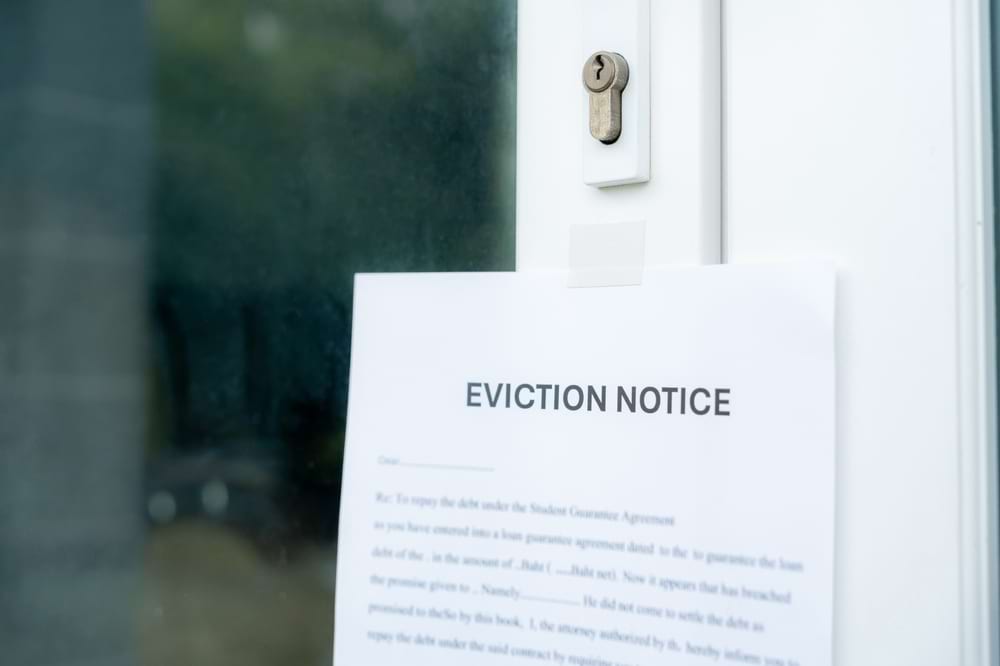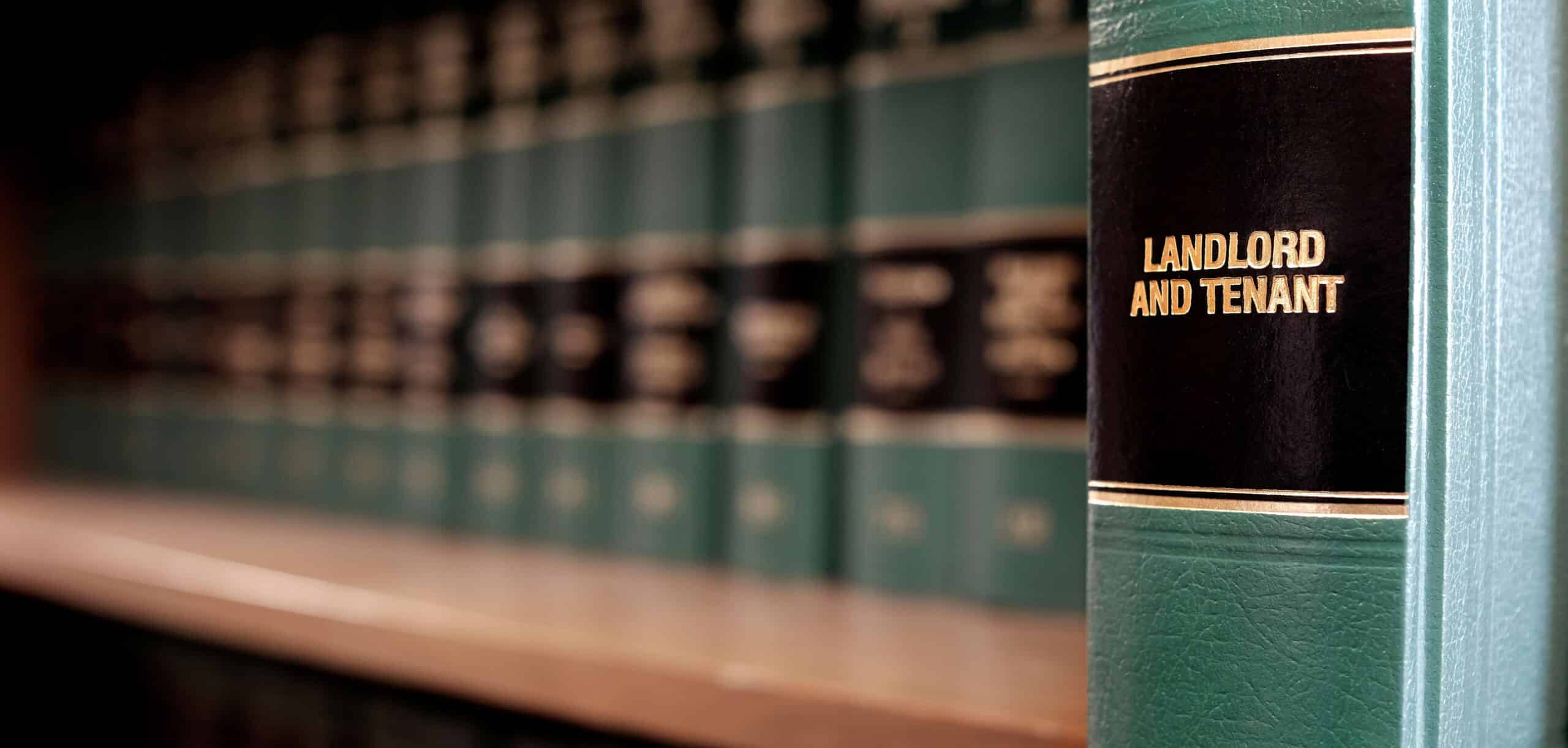As houses become more expensive, more people sign tenancy agreements.
Most will sign the most common type of tenancy agreement: an assured shorthold tenancy.
Read on to understand more about what this is and how it works.
What is an assured shorthold tenancy?
An assured shorthold tenancy (AST) (sometimes known as fixed-term tenancy) is a fixed-term agreement for a tenant’s stay in a property.
Most new tenancies are automatically this type, especially if the following criteria are met:
- The property owner is a private landlord or housing association
- The tenancy started on or after 15 January 1989
- The property is the tenants’ main accommodation
- The property owner does not live in the property themselves
Other types of tenancy agreement
Besides assured shorthold tenancies, three other common types of tenancy agreements exist.
Assured tenancies
An assured tenancy typically means that a tenant can live in the property for the rest of their life without fear of being evicted by the landlord.
This tenancy only ends when the tenant decides to leave or when they pass away.
Even in the latter scenario, the contract sometimes states that it automatically transfers to someone else.
Excluded tenancies
An excluded tenancy is a category of tenancy that typically provides less protection for the tenant. This is because it falls outside the Housing Act 1988.
It is most commonly seen when a tenant and a landlord share living quarters. But it also often applies to student accommodation, holiday lettings, and more.
Regulated tenancies
A regulated tenancy is when tenants have increased protection from eviction and can apply for a ‘fair rent’.
These agreements were usually first implemented in 1989 or earlier. They were phased out after that.
Assured shorthold tenancy vs assured tenancy
Although the names are similar, assured shorthold tenancies and assured tenancies are different.
An assured tenancy gives the renter the right to live in the property for life without fear of eviction.
An assured shorthold tenancy, by contrast, is usually fixed-term. Once the tenancy period ends, the landlord can evict the tenant or extend the tenancy.
What happens at the end of an assured shorthold tenancy?
Assured shorthold tenancies are either fixed-term or periodic.
In fixed-term scenarios, the landlord has the right to evict the tenant at the end of the term. They can also offer tenants a new tenancy agreement.
A periodic tenancy is a rolling tenancy with no fixed end date. It can automatically renew at the end of the term.
Furthermore, an assured shorthold tenancy can become periodic when a fixed term ends, until – or unless – landlords and tenants agree to another fixed term.
Can assured shorthold tenancies be ended early?
Tenants can only end an assured shorthold tenancy early by reaching an agreement with their landlord. Otherwise, they must honour the fixed-term agreement they signed.
Landlords can end an assured shorthold tenancy early by serving their renters with an eviction notice. This will usually be via a Section 21 or a Section 8, depending on the circumstances.
Why might a renter end an assured shorthold tenancy early?
A tenant may leave their tenancy early because the landlord is behaving unreasonably.
For example, if the rent has been significantly increased without much (or any) warning.
Or if the tenant’s situation has changed – they have found a new job, decided to move in with (or out from) a spouse, etc. However, they must give the agreed notice period and payments in these scenarios.
Why might a landlord end an assured shorthold tenancy early?
Landlords may choose to evict tenants to sell the property. After all, selling properties with in-situ tenants often significantly decreases their value.
Or a tenant may have disobeyed the original tenancy agreement they signed.
For example, perhaps they have brought a pet into the building, missed rent payments, behaved in an antisocial manner, etc.
Can tenants extend their assured shorthold tenancy?
If tenants want to stay in their tenancy for longer, they should contact their landlord to discuss this.
Landlords may be willing to extend the tenancy if the tenant is well-behaved and meets all repayments. However, there may be renewal fees involved.
But if a landlord has already decided to sell the house or bring in new tenants, the existing tenant can do little about this.
What should landlords ask potential tenants before renting out their property?
Some of the questions landlords should ask potential tenants include:
- What is your monthly income?
- What is your employment situation?
- Are you able to make a security deposit?
- Why are you moving?
- Do you have any pets?
- Do you smoke?
- Do you have any references?
Landlords should have the answers to these questions in writing in case they become a point of contention later (after interviewing potential renters face-to-face).
Will cash house buyers kick out tenants?
When a cash-buying company purchases a property, it inherits current tenants – whether or not it evicts these tenants depends on several factors.
For many cash house buyers, tenants are a good thing. This is because they (the cash buyers) are investors interested in maintaining the property as a rental.
However, some cash buyers may have different plans for the property. This might include renovating and reselling it or converting it into a different type of rental (e.g., from long-term to short-term lets).
In these situations, they may require vacant possession of the property.
Landlords should ask cash buyers directly about their plans. However, once the latter owns the property, they only legally have to keep their word if they’ve signed a contract.
Selling tenanted properties
If you are a landlord looking to sell property with tenants in the UK, We Buy Any Home can help.
We are chain-free cash house buyers who can purchase your property quickly – up-front and without hassle or stress.
Fill in our enquiry form below if you are interested in getting a cash offer for your house.




















